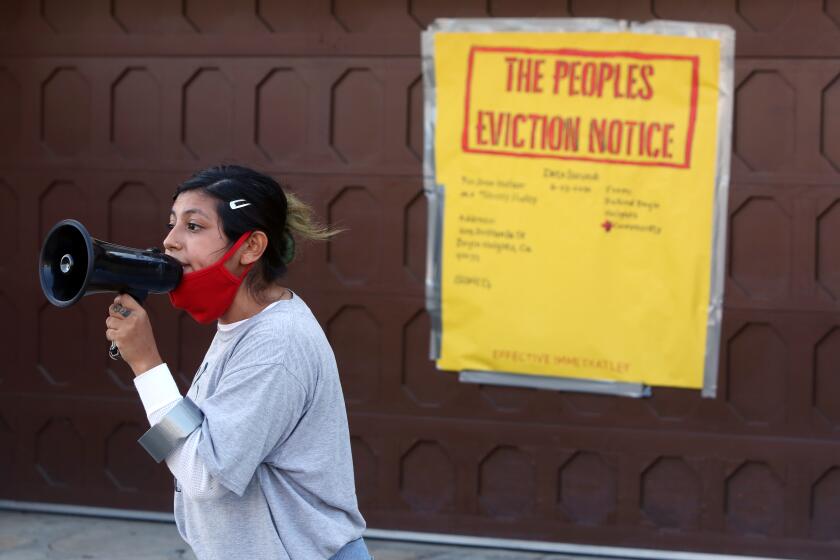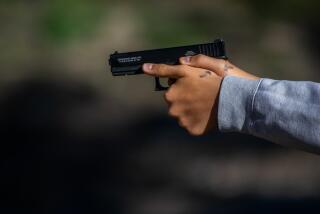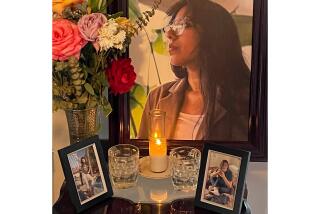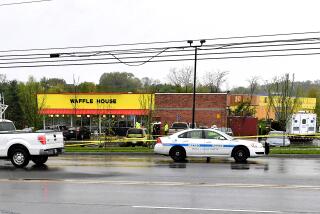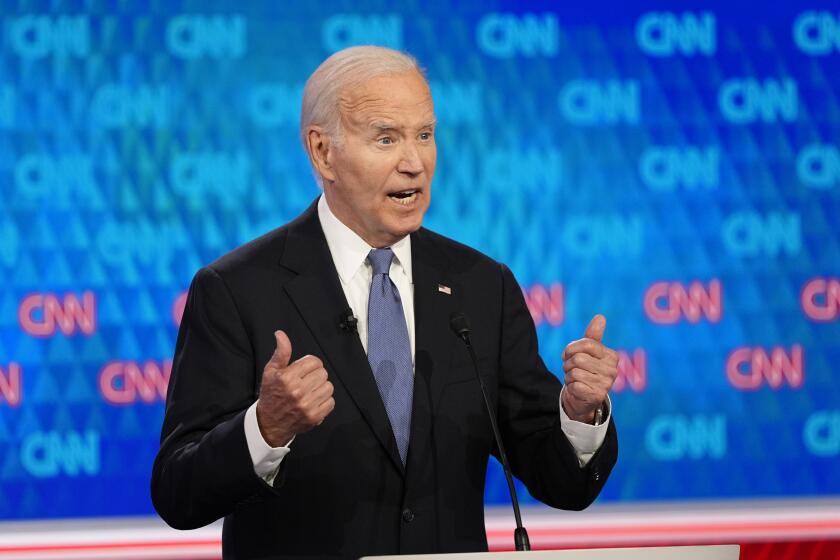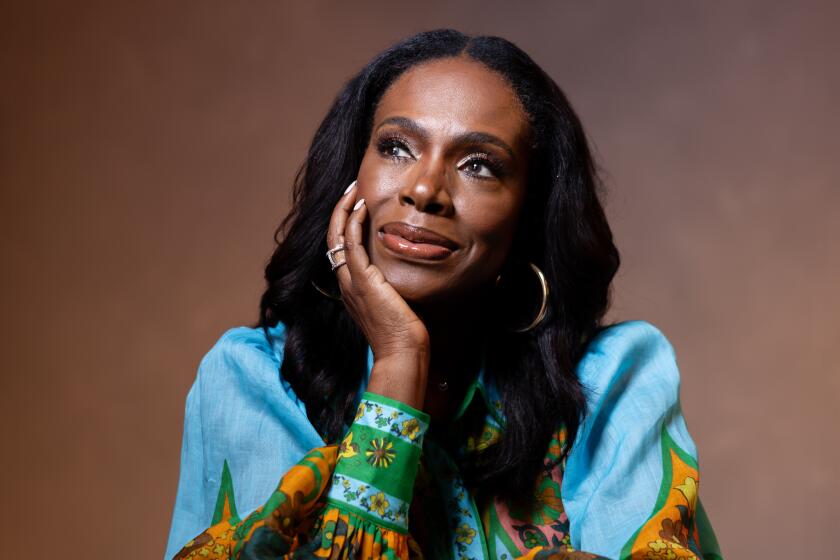‘Last Day’ podcast tackles the explosive topic of gun violence with a disarming approach
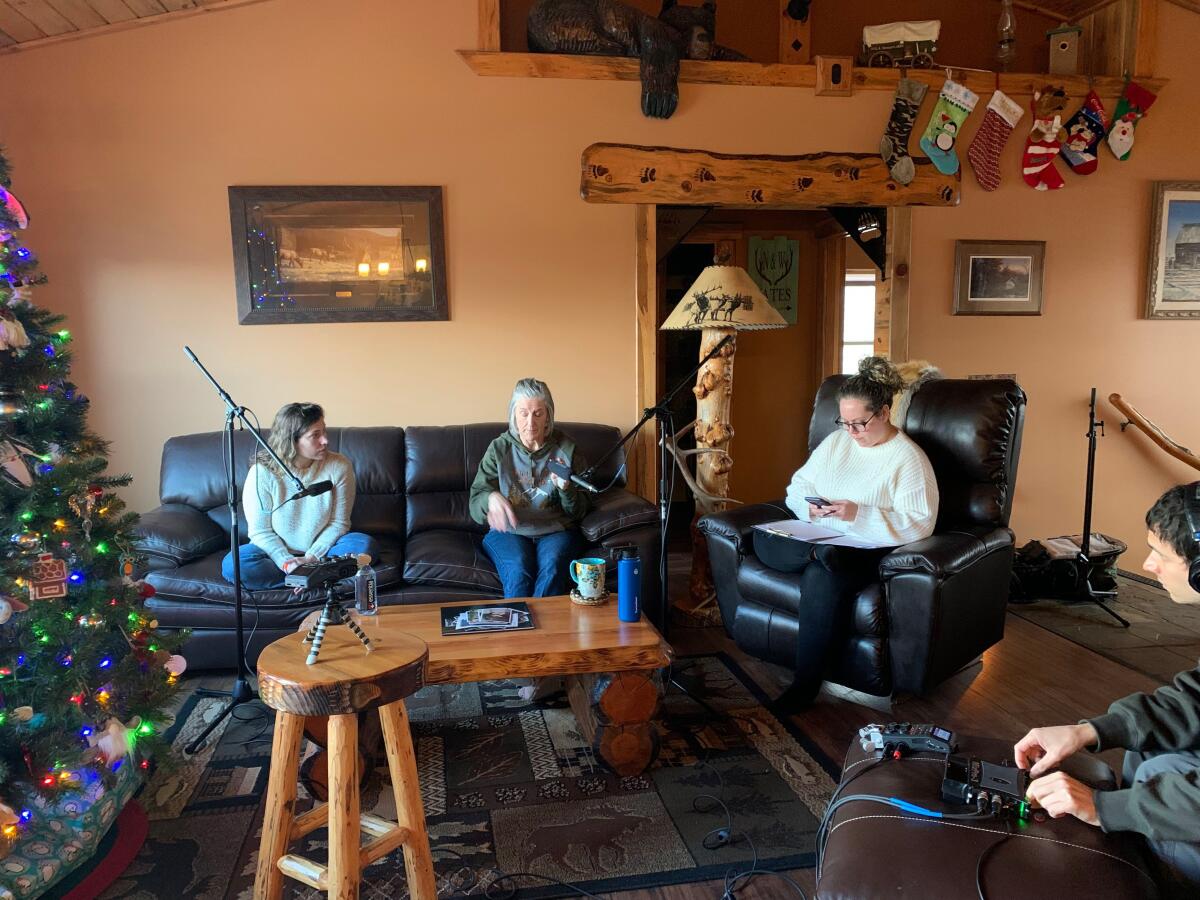
Stephanie Wittels Wachs was on a video call with Karl Rosston, the suicide prevention coordinator for the state of Montana. Rosston shared a story about a local girl who died by suicide in a home where her father kept 33 handguns, all loaded and unlocked.
“My face was disgusted and horrified,” Wachs said. “He was like, ‘You’re gonna have to work on your poker face if you’re gonna come to Montana — because no one’s gonna talk to you with that face.’”
She’s been working on her poker face throughout the third season of “Last Day,” the podcast Wachs hosts for Lemonada Media. The 10-part season, which premieres Wednesday, tackles gun violence in America and — in keeping with the title — retraces the last days of some of its myriad victims.
But aside from learning to disguise her emotions, Wachs has tried to leave some of her biases and judgments at the door. She had never touched a firearm in her life, and as a self-proclaimed “coastal elite” she always felt America’s guns should be confiscated and melted into an art sculpture.
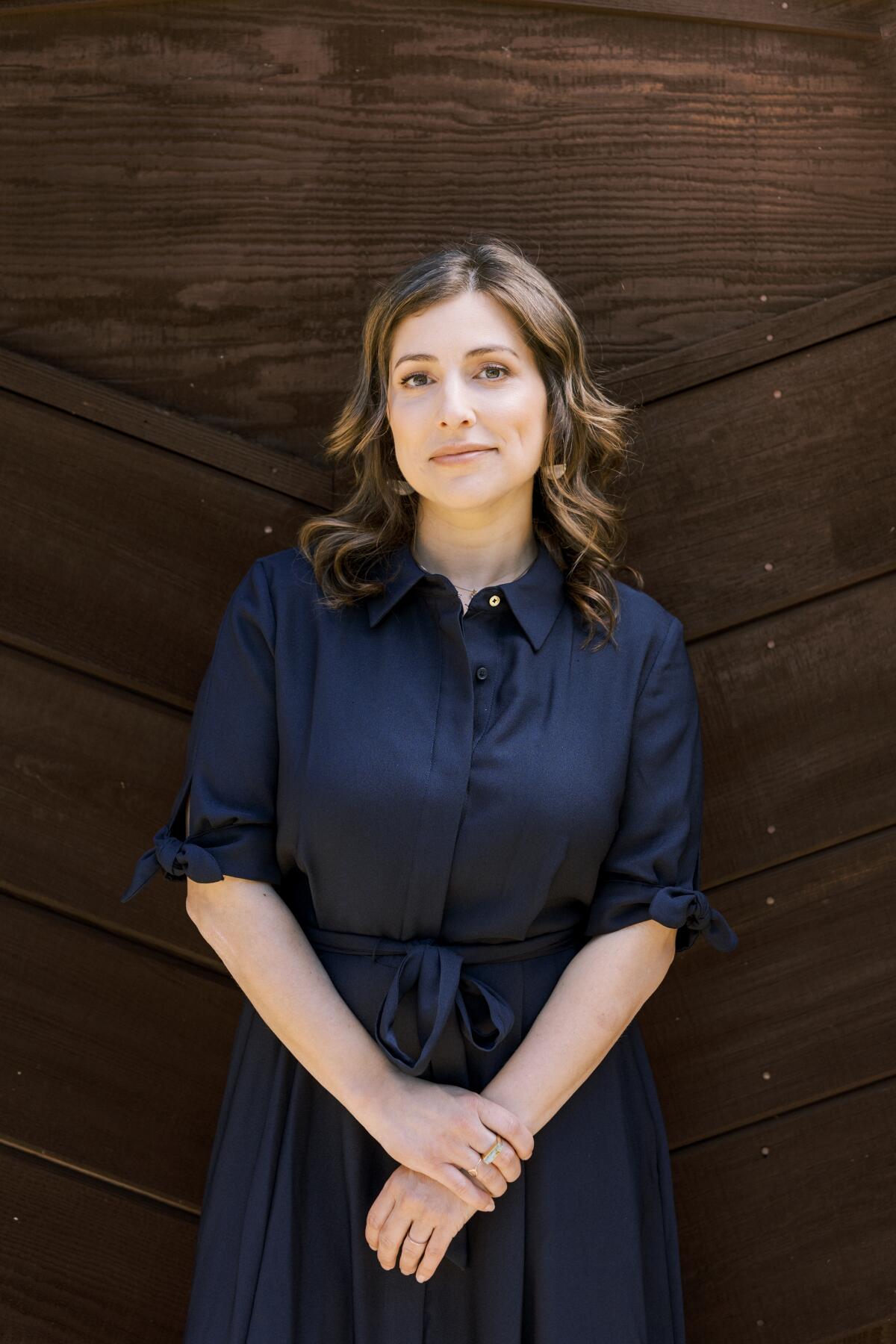
)
She knew going into Montanans’ home with that attitude wouldn’t fly, though, and the podcast is an attempt to stop shouting outraged, Twitter-size talking points and really start engaging with the other side and the nuances of a deeply complex issue. Along with her team, Wachs spent 10 days in the Montana cold, bringing cookies to Trump-loving gun nuts and actually finding kinship.
The premiere episode audibly captures her terror — and then her thrill — at shooting a gun for the first time.
“It was wild,” Wachs said. “I loved these people. We had so much fun together. Loved shooting guns. It’s super thrilling to try to hit that little iron metal thing and then hear the ‘ding.’ I’m like: I could do this all day.”
That same night, her team drove out to a tiny rural town and interviewed a couple whose son had shot himself with a hunting rifle.
“We’re shooting guns in the morning, having a great time, and then by the nighttime, weeping in somebody’s living room,” said Wachs. “So it’s like: Guns are fun ... and they kill you.’”
That kind of tension is the theme of “Last Day” and Lemonada as a whole. Wachs and co-founder Jessica Cordova Kramer found each other through the overdose death of their little brothers and launched the podcast company in 2019. The first season of their flagship series was about America’s opioid epidemic. Season 2, reported virtually during the pandemic, was about suicide. Each stigma-defiant series has organically led to the next, and they gradually realized the gun season really comes to the same basic conclusion: It’s about harm reduction.
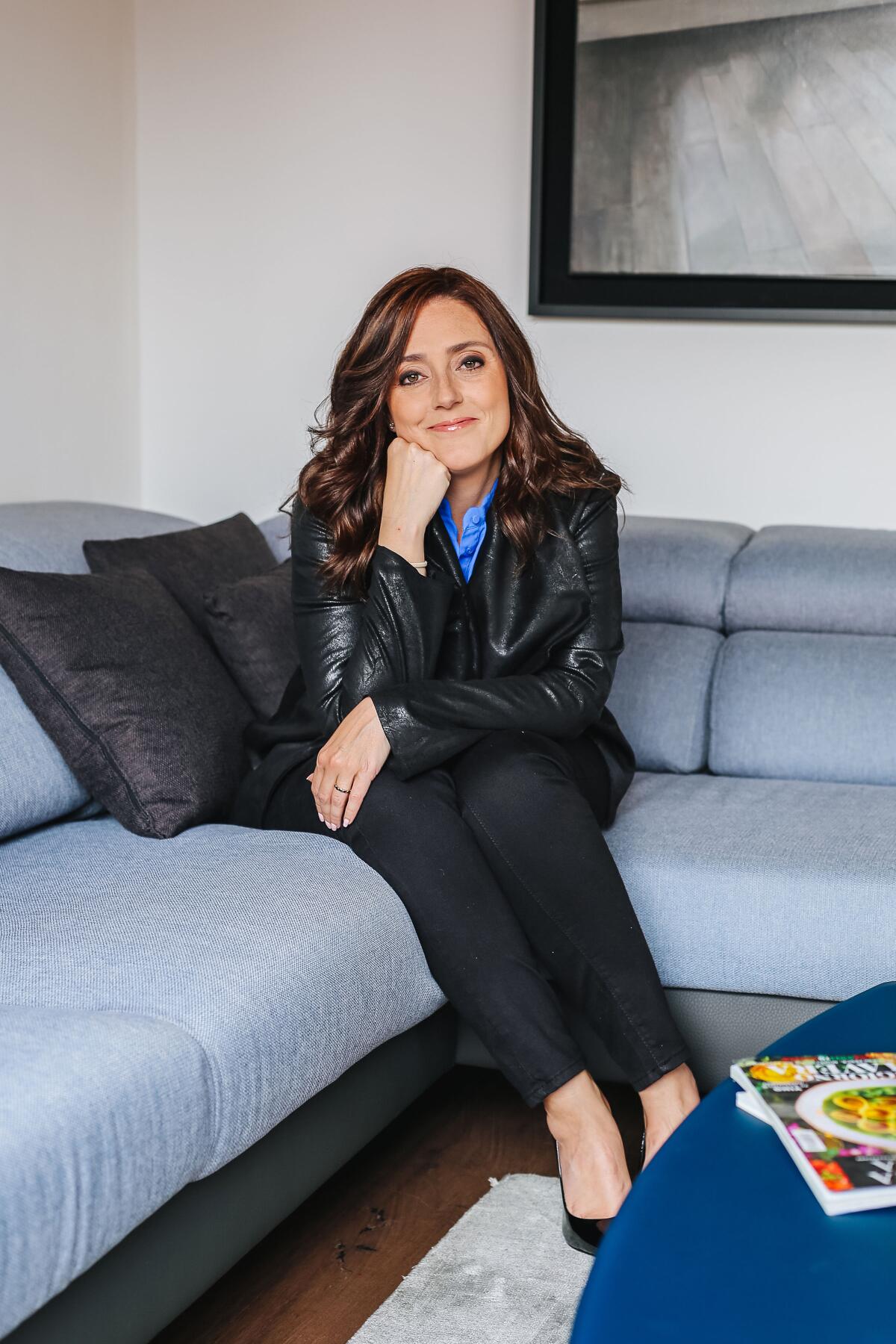
“Very similarly to drugs,” Kramer said. “We live in a world with drugs, sometimes you need them, sometimes you take them for fun, sometimes it ends up really bad for you. You don’t have to die.”
In a country with 400 million guns, the national conversation about them is almost exclusively tied to mass shootings, but as Wachs points out in the podcast: in 2019, 465 people died in mass shootings, whereas more than 14,000 died by homicide and almost 24,000 by suicide. She went to Montana to investigate the latter, where 63% of citizens own a firearm and, over the last 10 years, 86% of all firearm deaths were by suicide.
In Atlanta, she spoke with families of gunshot victims and looked at the roots of community and gang-related violence. She came to the conclusion that the epidemics of both drugs and gun violence, although very different, are born out of fear and trauma and that both gun-toting communities — Montana and Atlanta — operate with a similar wild West, “kill or be killed” ethos.
Wachs also paid a recent visit to L.A., where she stood on a corner in Watts while “community violence interrupters” handed out free breakfast to local kids on their way to school. She interviewed Fernando Rejón, executive director of the Urban Peace Institute — a local organization that responds to gun violence by training “peacemakers,” guiding the LAPD toward less warrior-style policing and other community-based tactics.
Rejón cited a statistic from the mayor’s office: When law enforcement alone responds to a gang-related homicide, the likelihood of retaliation is 24% . When LAPD plus a violence interrupter responds, that number drops to below 1% .
“When you layer in a community-based approach focused on public safety, that understands the functions and realities of that underworld,” Rejón said, “what happens is that you see the likelihood of violence decline significantly.”
Wachs also interviewed a peacemaker named Andre Christian (a.k.a. “Lowdown”) who runs a car club that unites lowriders across gang divides and another volunteer who washes clothes for homeless neighbors. One man she spoke to broke down in tears talking about his love for Watts.
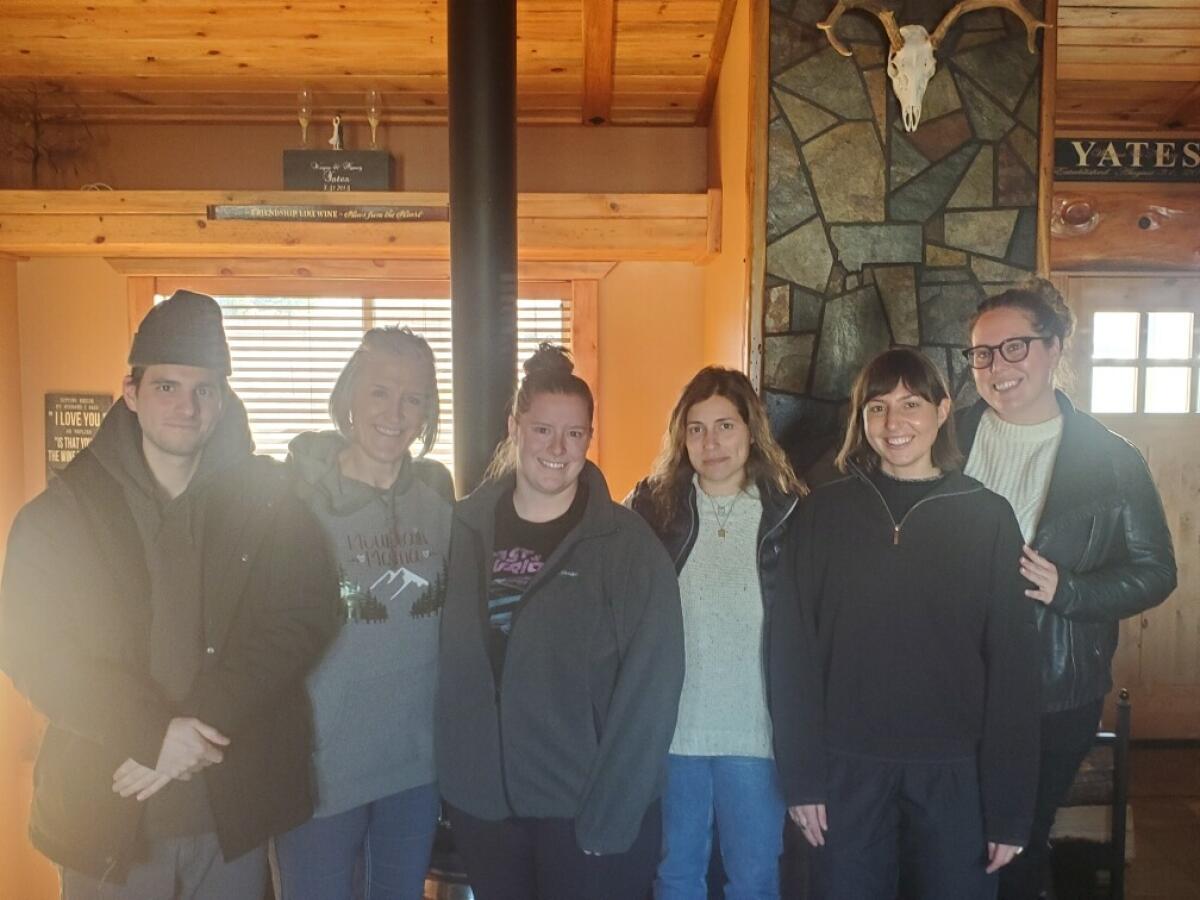
Tears are a key ingredient of the podcast’s recipe. Wachs takes pride in making tough dads cry — which happened a few times in Montana — and she often breaks down herself.
“I think I might have hit a world record for crying during interviews this season,” she said, laughing.
It’s vulnerable and cathartic — and, combined with a lot of humor and four-letter words, part of what makes the podcast so effective. It’s a disarming approach to an explosive issue.
Gun violence is an enormous, thorny subject to grapple with over just 10 episodes — with deep roots in culture, fear and the U.S. Constitution. But Wachs and Kramer have felt increasingly emboldened to dive into muddy gray areas, using compassion and intimate, emotional storytelling devices to try and humanize the many faces inside.
“Last Day” is an antidote to the country’s obsession with true crime podcasts — it too deals with crime scenes and haunting narratives of often horrific deaths, but the focus is on the three dimensions of the dead and their grieving loved ones, and the mystery to be solved is how to find hope and prevent more suffering.
To that end, Wachs and Kramer partnered with several organizations on the front line of gun violence prevention. In addition to the Urban Peace Institute, this season’s sponsors and consultants include the Pritzker Pucker Family Foundation in Chicago, the Annie E. Casey Foundation, the Jed Foundation, Levi Strauss & Co. and Everytown for Gun Safety Support Fund.
Another, the Kendeda Fund, is a grant-funding organization launched by Atlanta philanthropist Diana Blank 30 years ago. Its concerns run the gamut of social issues, but one of its tenets is raising awareness through storytelling.
Philanthropic foundations have historically been slow to adopt new media technologies, said Kendeda’s David Brotherton, and gun policy wonks often maintain a buttoned-down, institutional voice, “so for us to be able to fund a project where the narrator is not afraid of her own full-throated experience, and is comfortable using profanity where it’s warranted, and comfortable crying — that is not the normal stock-in-trade of most foundations. And death by gun violence could not be more visceral and real and human and tragic, so a storytelling approach that leans into all those things is really compelling.”
Promising solutions do abound, such as governments treating gun violence as a public health crisis the training of community violence interrupters to better mental health resources, and community engagement that gives children, gang members, people coming out of prison and people with mental health issues some positive, life-affirming tools that will reduce the temptation of gun violence.
After taking this journey, Wachs still isn’t sure we wouldn’t be better off just destroying all of America’s guns — but she knows that’s not a realistic solution, and she’s come to understand and even love people who love their guns. It gradually dawned on her that, in many cases, their prime motivator is simply protecting their families.
“I totally get that,” she said. “I understand fear. I’m crippled with anxiety — it’s like my primary, defining characteristic.”
More to Read
The biggest entertainment stories
Get our big stories about Hollywood, film, television, music, arts, culture and more right in your inbox as soon as they publish.
You may occasionally receive promotional content from the Los Angeles Times.
